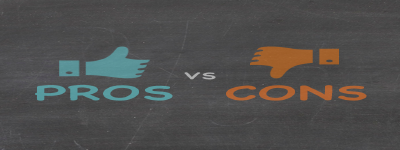
   |
[Debate/토론] (PC-012) Should the Federal Minimum Wage Be Increased?
최고관리자 | 17-11-26 00:04

The federal minimum wage was introduced in 1938 during the Great Depression under President Franklin Delano Roosevelt. It was initially set at $0.25 per hour and has been increased by Congress 22 times, most recently in 2009 when it went from $6.55 to $7.25 an hour. 29 states plus the District of Columbia (DC) have a minimum wage higher than the federal minimum wage. 2,561,000 workers (or 3.3% of the hourly paid working population) earn the federal minimum wage or below.
Proponents of a higher minimum wage state that the current federal minimum wage of $7.25 per hour is too low for anyone to live on; that a higher minimum wage will help create jobs and grow the economy; that the declining value of the minimum wage is one of the primary causes of wage inequality between low- and middle-income workers; and that a majority of Americans, including a slim majority of self-described conservatives, support increasing the minimum wage.
Opponents say that many businesses cannot afford to pay their workers more, and will be forced to close, lay off workers, or reduce hiring; that increases have been shown to make it more difficult for low-skilled workers with little or no work experience to find jobs or become upwardly mobile; and that raising the minimum wage at the federal level does not take into account regional cost-of-living variations where raising the minimum wage could hurt low-income communities in particular.
Pros
1. Raising the minimum wage would increase economic activity and spur job growth.
2. Increasing the minimum wage would reduce poverty.
3. A higher minimum wage would reduce government welfare spending.
4. The minimum wage has not kept up with inflation.
5. Improvements in productivity and economic growth have outpaced increases in the minimum wage.
6. Increasing the minimum wage would reduce income inequality.
Cons
1. Increasing the minimum wage would force businesses to lay off employees and raise unemployment levels.
2. Raising the minimum wage would increase poverty.
3. A minimum wage increase would hurt businesses and force companies to close.
4. Raising the minimum wage would increase the price of consumer goods.
5. Teenagers and young adults may be shut out of the workforce if the minimum wage is increased.
6. Raising the minimum wage would disadvantage low-skilled workers.
   |




